
Learning disability, also known as a learning disorder or learning difficulty, includes various disorders in which an individual has difficulty learning in a typical manner, usually caused by unknown factors. The person with a learning disorder is affected in such a way that he loses normal brain capacity to receive and process information. This type of disorder is extremely problematic, as it interferes with a normal learning tempo and commonly manifests as troubles in performing specific types of skills or completing tasks. However, a learning disability is not indicative for intelligence level. It is possible to have a highly intelligent patient who is at the same time severely affected with learning disability. Types of learning disabilities
Learning disabilities fall into broad categories; either by the type of information processing that is affected or by the specific difficulties caused by a processing deficit. Three major types of learning disorders are: developmental speech and language disorders, academic skills disorders and other coordination disorders and learning disabilities.
Developmental speech and language disorders
Speech and language problems are often the earliest indicators of a learning disability. People with developmental speech and language disorders have difficulty producing speech sounds, using spoken language to communicate or understanding what other people say. Difficulties pronouncing sounds, or articulation disorders and stuttering are examples of speech disorders.
Academic skills disorders
Academic skill disorders are commonly mistaken for dyslexia. However, schoolchildren develop their skills at a slower rate than their peers in this learning condition. This counts for reading, writing or arithmetic skills. Academic skills disorder consists of three different disorders: developmental reading disorder, developmental writing disorder and developmental arithmetic disorder. The first one, and the most widespread, is known as dyslexia. This learning disability affects 2 to 8% of all children in elementary school. A person affected with dyslexia can have problems in any of the tasks involved in reading. Today, reading specialists have developed techniques that can help many children with dyslexia attain these skills.
Other coordination disorders and learning disabilities
There are also other categories, such as "motor skills disorders" and "specific developmental disorders not otherwise specified." These diagnoses include delays in acquiring language, academic, and motor skills that can affect the ability to learn, but do not meet the criteria for a specific learning disability. These disabilities may sometimes include problems with holding a pen or certain problems with spelling and memory. It is possible for an individual to have more than one of these difficulties. They may also include motor clumsiness, poor visual or spatial skills, difficulties to process auditory information, etc.








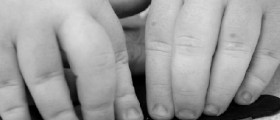


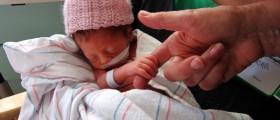
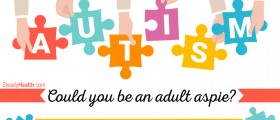
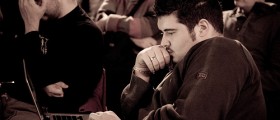

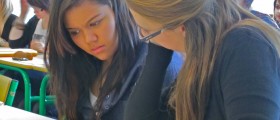
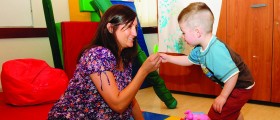
Your thoughts on this
Loading...